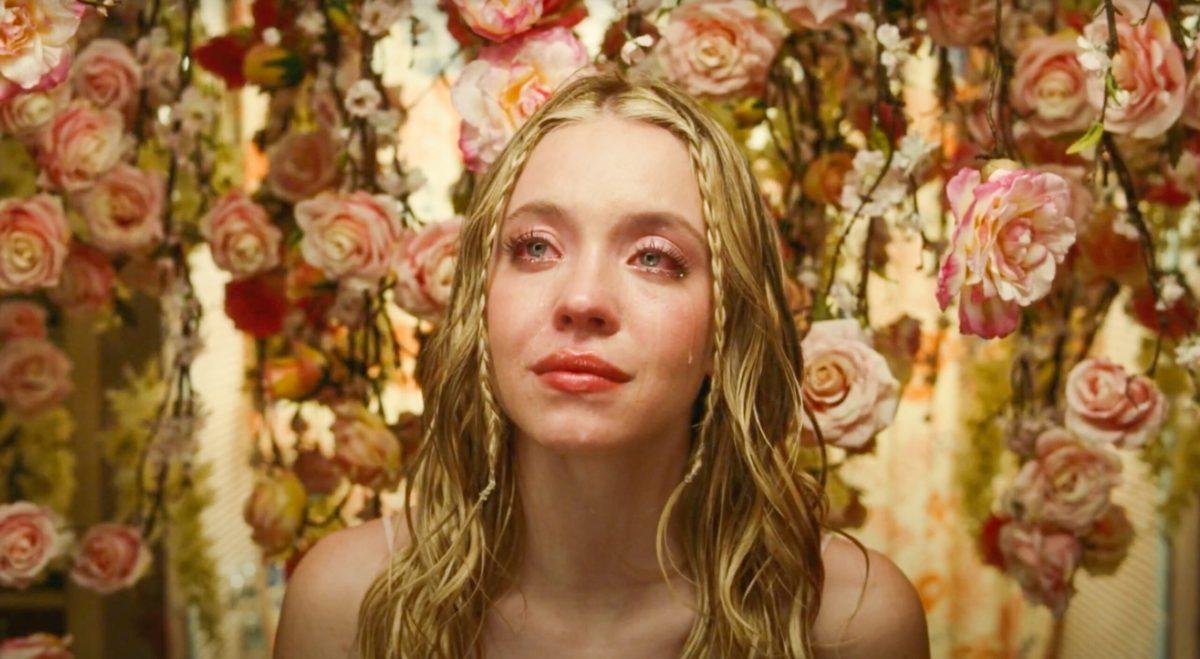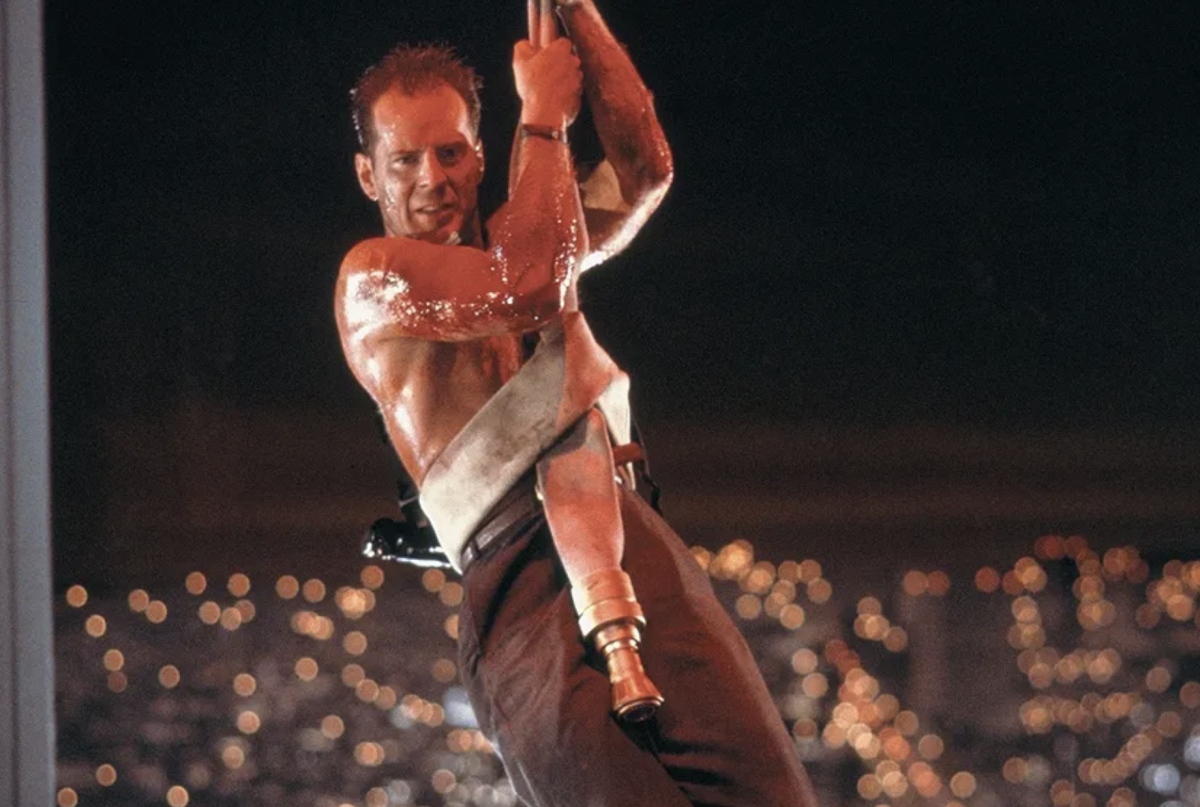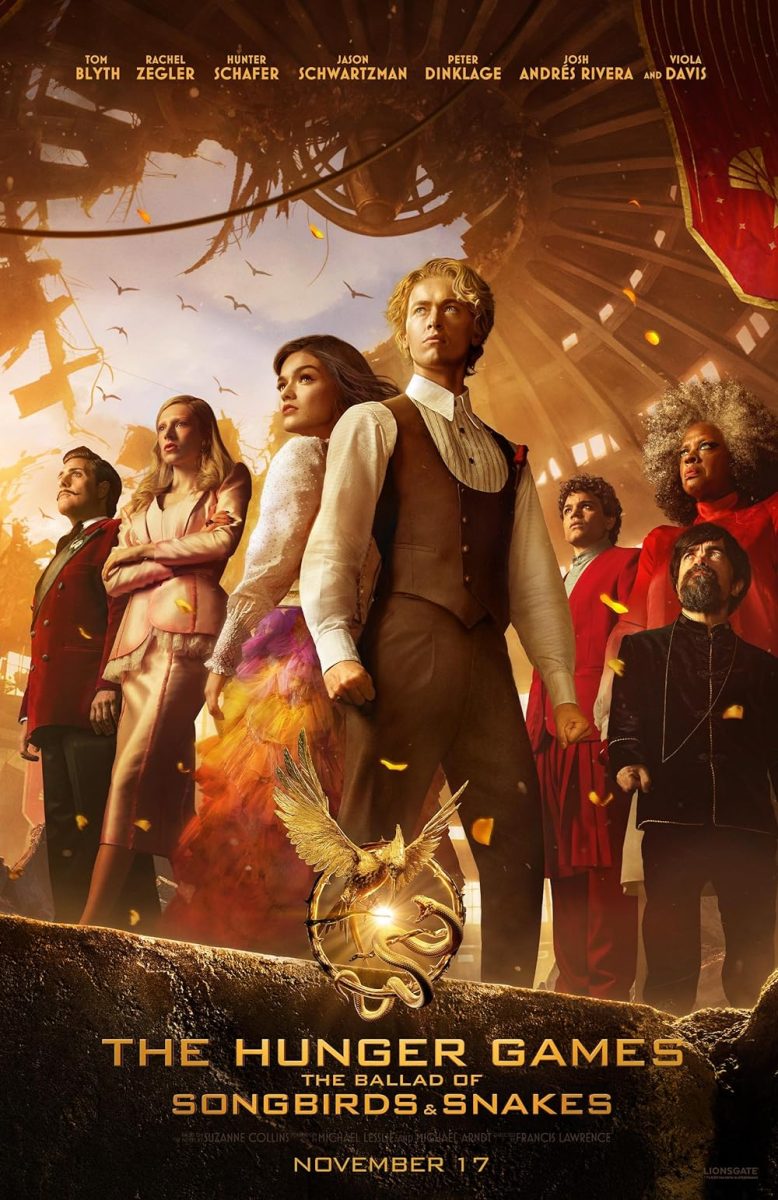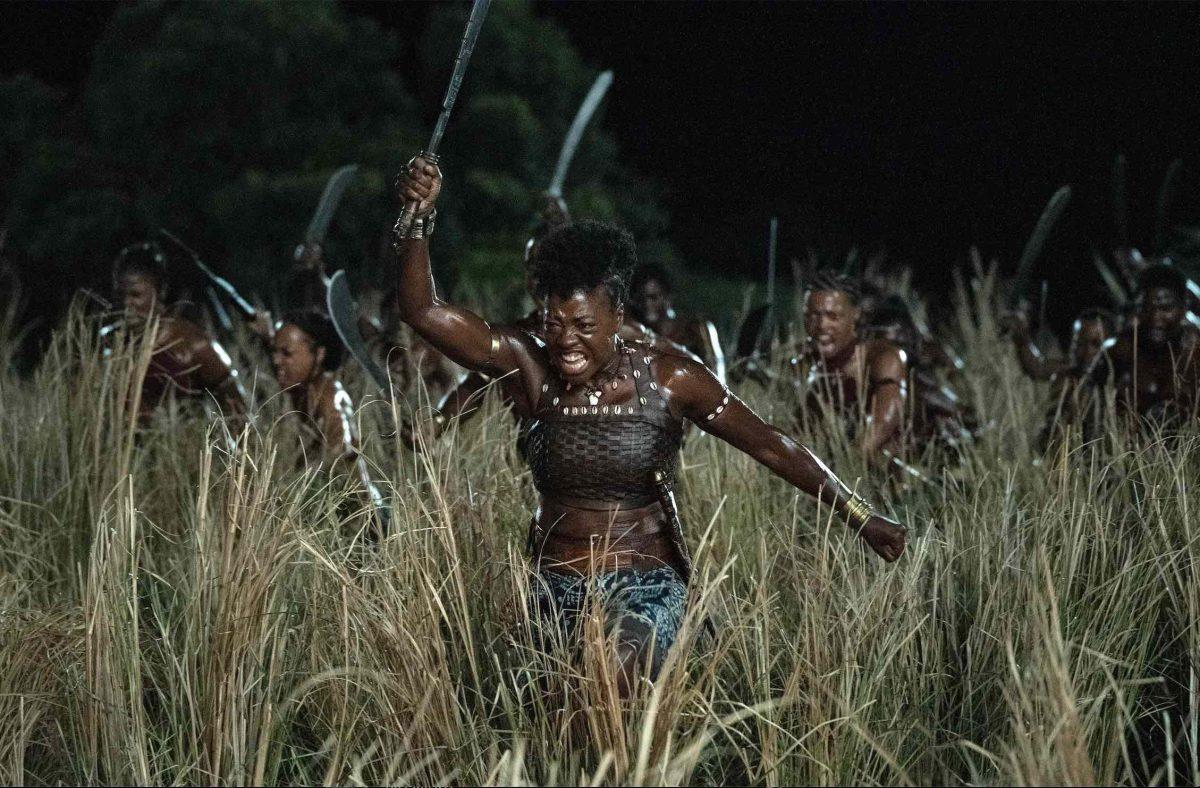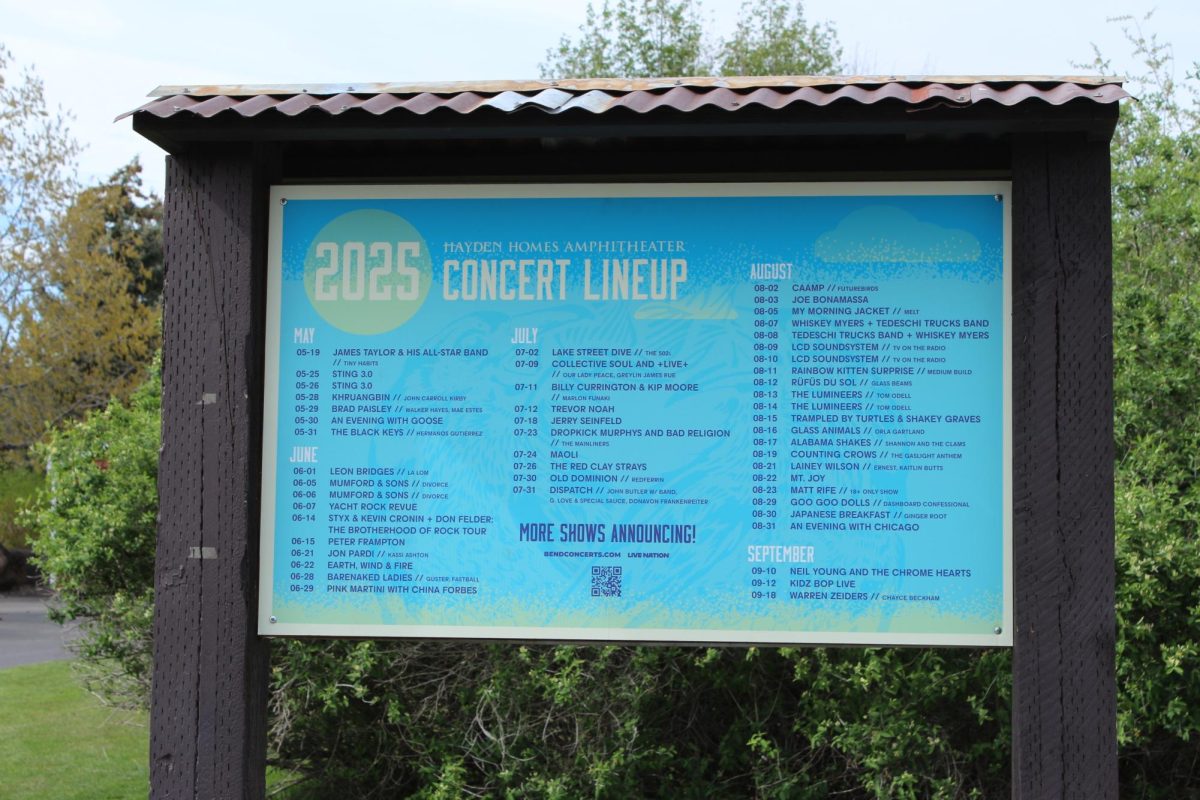India Slodki/The Broadside
June 16, 2019, Sam Levinson releases season one of Euphoria, a blunt take on high school life doused in hazy lights and way too much glitter for anyone’s health. Revolving around Rue, a teenager battling addiction. The eight episodes track her interactions with her classmates, all fighting their own melodramatic battles.
In my working memory, there has never been a TV show that ignites as much discourse and debate as Euphoria. Everyone has an opinion, and everyone wants to share it. Written and directed by Levinson, the show largely relies on shock factosr to keep its audience engaged, and people love to talk about it.
The finale episode of highly anticipated season two was released last Sunday, February 27th. The entire second season, as a whole, was pretty disappointing. Compared to the tight, succinct storytelling Levinson delivered in season one, season two felt like they were making it up as they went.
Let’s talk cinematography first. There is no denying that Euphoria is a beautiful show. Seldom is there a scene where cinematography negatively contributes to the storytelling. For the most part, strategic lighting and clever angles soak our characters in romantic mystery.
The entire second season was shot on film, grainy shots effectively building on the already gritty world. The lights hit the characters just that much cooler, the shadows just that much deeper.
The problem arises when the cinematography is the only thing carrying the show, as is typically the case. That brings us to point number two, the storytelling. The double-edged sword of television is the episodic nature of telling a story. Episodes in season two have super inconsistent pacing. Episodes one, five, and eight, are the only memorable ones; all the rest feel pretty interchangeable.
Compared to season one, known for its simple and air-tight structure, season two felt like it had no plan, no direction. In some cases, this works for a piece of media. A movie or TV show that has little to no structure can absolutely flourish and bring out emotional responses, but for a TV show, this widely circulated and talked about, relying on the audience to make sense of something that feels directionless feels like a cop-out from Levinson.
Season one had a point to the story; it was telling the story of an addict trying to navigate high school, love, and addiction all at once. Season two feels more like a grab for attention, a desperate gasp to stay in the spotlight and to stay relevant. Season one worked so well because Levinson put all of these volatile characters in one place and let them run around, creating their own drama among one another. In season two, the characters could not feel more disconnected from each other.
Speaking of characters, let’s dive into the most interesting part of the whole show. Rue, as always, is the most interesting one in the group. In the second season, she seems to be the only one that stays true to the character that was presented in season one. Her development and growth is a perfect evolution of what we saw from her in season one, and that is one of the best parts of the whole second season. She still has a way to go, but if the audience comes back for nothing else next season, it will be to cheer Rue on as she continues the uphill battle of addiction recovery.
On the more disappointing side of things, Maddie’s character arc felt like it could have been much more elegant. Known for her no-bullshit hot girl facade, we were able to catch a glimpse of a more mature and collected demeanor from Maddie. It seemed that, unlike her peers, she would be the one to grow out of her adolescent idiocy and rise above those trying to bring her down to her level. Frustratingly, this did not happen.
A similar thing could be said for Cassie and the way she deals with her need for validation. The show could have easily seen Cassie rise above the pitfalls of internalized misogyny and external beauty expectations, but instead, we watched her feed into her insecurity. It would have been much more gratifying to watch her come to peace with her internal struggles, but hey, that doesn’t make for entertaining TV.
Despite the trainwreck that is season two, audiences are still counting down the days until season three comes out. There is no doubt that Euphoria is keeping people on the edge of their seats, the only question is, is it for the right reason? Whether to continue to watch Levinson drive something that was once so good into the ground or to find out if he can redeem himself, 2024’s season three will no doubt get audiences talking again.


